|
|
Busy? Try the speed read.
Why is going Electric so much better?
It has been found that gas stoves can release toxins like benzene, nitrogen dioxide and particulate matter that can be harmful and cause respiratory issues with one study suggesting it to be the leading cause for 1 in every 10 childhood asthma cases.
Going electric also means reducing the reliance on methods like fracting to source gas and it has been found that Electric is actually 75%-80% more efficient in producing heat for cooking.
Whilst there are no strict laws or regulations governing the use of electric over gas there are growing initiatives from various organisations looking to promote this method both for health concerns as well as environmental.
What you can do? If already on Electric, great! If not, look at Electric as the alternative and reduce your health risk as well as playing a greater part for the planet at the same time.
Dig Deeper → 7min Read
Electric Stoves Are Better for the Planet and Human Health
For many people, there’s nothing like the familiar click, hiss and bloom of blue gas-powered flames to get their appetite going. The smell of mercaptan — the additive mixed in to give natural gas a scent — signals to many people that it’s time to fry an egg or make a grilled cheese sandwich.
However, a slew of recent studies have confirmed gas stoves are harmful to the human body and environment. Going electric is a far healthier choice.
Why Choose an Electric Stove?
There are a few reasons electric range tops outperform gas-powered stoves.
Electric Stoves Don’t Release Pollutants
Gas stoves emit methane, which is one of the largest greenhouse gas contributors to climate change. Much of this methane slowly leaks out, even when the stove is turned off. Gas stoves also release benzene, nitrogen dioxide and particulate matter, all of which are harmful to breathe in and can trigger respiratory issues.
A 2022 study found that a staggering 12.7% of all childhood asthma cases in the U.S. are directly linked to using gas stoves. That means switching to electric ranges could prevent more than one in 10 childhood asthma cases.
If you can’t afford to transition to electric yet, your best bet is to use a high-quality air filter. Many filters remove particulate matter between 1.0 to 3.0 microns in size — for reference, a single bacterium may be up to five microns wide, so those are microscopic particles. Certain air filters also lower nitrogen dioxide levels near the stove.
Electric Stoves Are More Efficient
Gas ranges operate at a paltry 32% energy efficiency, while traditional electric cooktops perform at 75%-80% efficiency.
If you get an induction stove — an advanced type of electric range that uses magnetic fields to heat the pan — it will get around 85% energy efficiency. They might say a watched pot never boils, but induction stoves are lightning-fast at heating up cookware, saving you time in the kitchen.
Electric stoves are often slightly more expensive than gas ranges. However, since electric stoves won’t harm your health, it’s an easy tradeoff to make.
Electric Stoves Don’t Require Fracking
As of 2019, the U.S. got 80% of its energy from fossil fuels. To create a gas stove, workers must continually drill and frack the earth to extract natural gas.
To make an electric stove, miners remove metals from the ground only once. Then, electricity powers the cooktop.
Both processes are environmentally damaging. However, a one-time extraction is less destructive than an ongoing drilling operation. Solar and wind can also provide the energy to power an electric stove, making it the greener option.
Home on the Range: the Shift to Electric Cooking
Currently, around 66% of American households cook with electric appliances, and that number is heating up.
The Environmental Protection Agency (EPA) lacks the jurisdiction to regulate indoor air pollution through the Clean Air Act, but cities can set their own laws when it comes to allowing gas stoves. New York City is prohibiting gas hookups in new buildings starting this December, following in the footsteps of Seattle and Los Angeles. The U.S. Consumer Product Safety Commission is also considering a ban on gas-powered cooktops in homes.
Additionally, the Inflation Reduction Act (IRA) has earmarked billions of dollars in federal rebates on electric appliances. That means that sometime in 2023, the government will start providing discounts on electric stoves that bear the coveted Energy Star label.
You should wait until the IRA’s High-Efficiency Electric Home Rebate (HEEHRA) program takes effect before replacing your cooktop. Nobody knows if states will reimburse you for an appliance you bought before HEEHRA kicks in. But once the program rolls out later this year, you may even get a new electric stove for free, depending on your income level!
If every American made the switch to electric stoves, it would be the equivalent of taking 500,000 cars off the road every year — that’s how much gas stoves impact the environment. Thankfully, government incentives and bans will likely make electric cookware more common in the years to come.
A Flash in the Pan
Gas stoves had their moment, but they’re falling by the wayside as electric ranges become cheap, efficient and better for human health. Plus, people are more environmentally conscious than ever, and choosing an electric cooktop is an easy way to make a difference for yourself and the planet. The best part? Your food will taste just as delicious as usual.



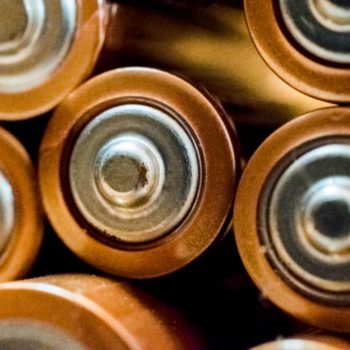
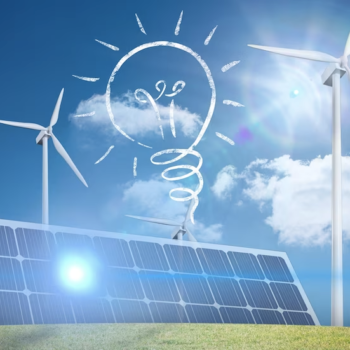



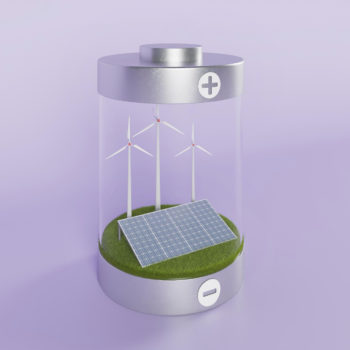
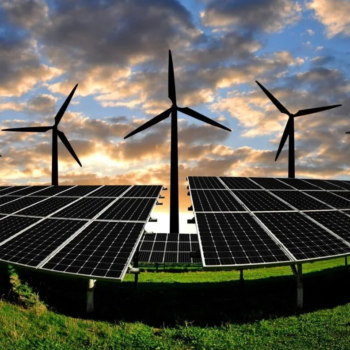
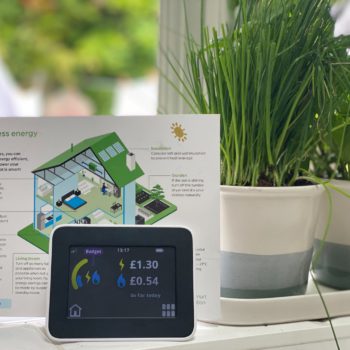


No Comments